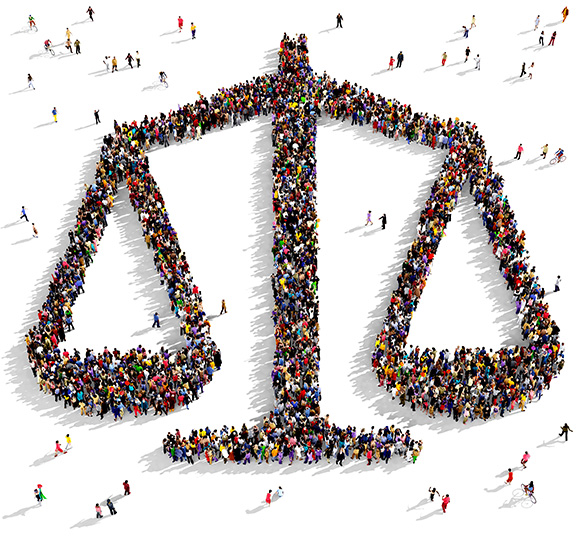VAWA is a very powerful piece of legislation that has been successful in protecting abused spouses and children. Moreover, VAWA has very definite provisions to protect immigrants in abusive relationships. Below are the three main components of VAWA
1 Who can use or benefit from VAWA?
Although VAWA stands for “Violence Against Women Act”, it applies to all spouses including abused men and children. A VAWA petition can be filed in situations where the spouse of the US citizen or Permanent Residence has abused the alien. Abuses do not always have to be physical. Abuse can be mental, psychological, physical, or a combination of all the above. In fact, many abuses are psychological and sometimes leave long lasting scars.
2 What are the requirements to qualify for a VAWA petition?
In simple terms there are three requirements to prove that you are eligible for a VAWA petition: You had a bona fide marriage, that is, you entered a marriage in good faith with a United States citizen or permanent resident (“green card” holder) spouse ; You were in an abusive relationship; and You are a person of good moral character. You are highly advised to document every of the above and to contact a licensed attorney who practices immigration law and is familiar with such cases. Indeed, preparing a VAWA abused case especially if it does not involve physical abuses can be a daunting task. Note that VAWA petitions can be filed during or before removal proceedings (deportations).
3 What will happen to a VAWA self petitioner if he/she files such a petition?
Many abused immigrant are afraid to file such petitions because they think that the abusive spouses are going to hurt them by reporting them to the immigration services when they find out. They are wrong because VAWA has very specific provisions to protect the abused spouses and children legally. First VAWA is a highly confidential matter. Any kind of investigation will be done very discreetly. Second, there are special provisions under the Immigration Laws that prevent information from the abusive spouses and their families to be used against the abused immigrant. There are few exceptions to this. In fact, it is an offense punishable by fine if an immigration officer crosses lines drawn by VAWA. Therefore, if you find yourself in a potential VAWA situation you are highly recommended to consult an attorney or an experienced organization which can help you. Remember you do not have stay in abusive relationship!
4 Removal of Conditional Residence based on abusive relationship
If Anita entered into a marriage obtained a conditional green card and then starts experiencing abuses, she is also eligible to remove this conditional residence based on the abusive relationship. The removal of conditional residence is removed among other ways by filing the form I-751 and selecting that you are removing the conditional residence based on an abusive relationship. In this case, the laws under VAWA will apply. As we have pointed out earlier this article is limited in scope, there are actually other very important issues involved in a VAWA application. You are recommended to contact an experienced immigration attorney to help you with your application. Should you want more information, feel free to contact our office for a consultation.
5 Disclaimer
The information contained in this guide is provided for informational purposes only, and should not be construed as legal advice on any subject matter. No recipients of content from this article, clients or otherwise, should act or refrain from acting on the basis of any content included in the article without seeking the appropriate legal or other professional advice on the particular facts and circumstances at issue from an attorney licensed in the recipient’s state.

